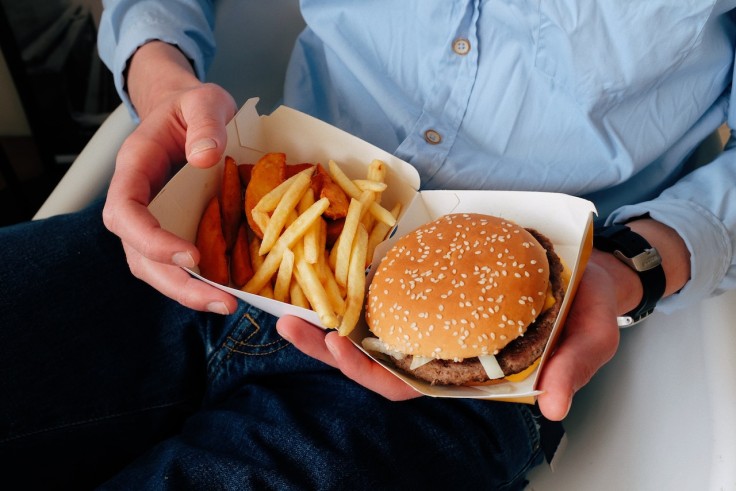
There is a strong connection between one's diet and depression; many don't realize it yet.
They say that you are what you eat, and now nutritionists and researchers say that your mental health results from what you eat. What one eats can increase or decrease the risk and symptoms of depression, U.S News reported.
"Diet may have a significant effect on preventing and treating depression. Depression can either increase or decrease appetite, and negative mood states have been shown to stimulate a preference for foods high in sugar, fat and/or salt," Digant Dave explained, the director of mental health and addiction services at El Camino Hospital, Mountain View, California.
Comfort food may not be comforting after all
Try to recall; the body indeed craves "comfort foods" when a person is stressed or in distress.
And here is the problem with these comfort foods. Frequently indulging in these less nutritious foods can result in a "lower-than-recommended intake of brain-essential nutrients," which are vitamin B, zinc, folate and magnesium. The body needs these nutrients for the brain to be at its optimal levels to produce chemicals that can make a person feel better and less depressed.
Moreover, Dave also explained that when people reach out for comfort foods, it is mostly a result of emotional eating, which can also be a problem. Once comfort food becomes a coping mechanism to feel less down or lonely, it can result in weight gain. This can eventually result in feelings of embarrassment, disgust and guilt, which can make the person even more depressed.
It is a vicious cycle that individuals should be aware of and not go into.
What to eat?
Mia Syn, author of the book "Mostly Plant-Based" and a registered dietitian based in Charleston, South Carolina, shared that to lessen the risk for depression, one's diet should be rich in high-quality foods that provide significant amounts of nutrition such as vitamins, minerals and antioxidants. These foods provide perfect nourishment to the brain and keep the brain safe from free radicals or oxidative stress.
Syn recommends for the following food be part of one's diet in general:
- Lots and lots of plants, which include colorful fruits and vegetables.
- Whole grains
- Nuts and seeds
- Olive oil
- Fish
- Low-fat dairy
Eileen Chaves, a pediatric obesity psychologist at the Center for Healthy Weight and Nutrition at Nationwide Children's Hospital in Columbus, Ohio, stated that the above diet, which is often described as the Mediterranean diet, has revealed that the risk of depression is 25 to 35 percent lower as compared to other types of diet.
A registered dietitian and founder of Glow+Greens, a nutrition and skin care consultancy based in Santa Monica, California, Gaby Vaca-Flores, stressed that food does not directly treat or is not an immediate cure for depression. However, it is essential to note that having a healthy diet can support one's overall mental well-being.
These experts are suggesting staying away from or consider limiting the intake of the following food:
Added sugars
Sweets and foods with added refined sugar or flour, like pasta, white bread, pastries and rich desserts. These foods can impact brain health and increase or decrease blood sugar levels, affecting one's mood.
Highly processed meats
Red or highly processed meats, which are pro-inflammatory foods, can make one's symptoms of depression worse.
Alcohol
While alcoholic beverages make one feel festive and giddy at the moment, they have a depressant effect on the body.
Related Article: Study Reveals Truth Behind Processed Food: 4 Foods Throw Out Now
